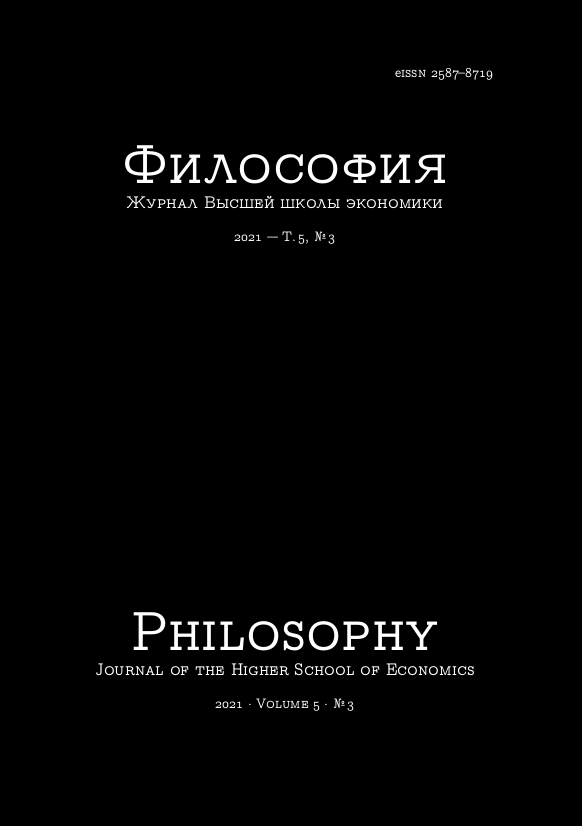“Chizhiki tak i mrut”
Birds in Dostoevsky's “Poor Folk” and Goethe's “The Sufferings of Young Werther”
Abstract
My article will investigate the ways in which metaphors for birds, especially birds of song, in the correspondence between the protagonists of Dostoevsky's novel “Poor Folk” (Бедные люди, 1846) — Makar Devushkin and Varen'ka Dobroselova — refer back to Goethe's scandalously popular epistolary novel “The Sufferings of Young Werther” (Die Leiden des jungen Werthers, 1774). I propose that Dostoevsky involves a metaphoric net as an oblique subtext of references to recent popular European literature to convey the idea of Romantic death (bearing in mind the extent to which “Werther”, though written in the late eighteenth century, retained its cultural relevance for Russian readers in Dostoevsky's time). As I am investigating the larger picture of Dostoevsky's treatment of death and suicide in his shorter fiction as well as his dialogue with Goethe on this subject, I also argue that in “Poor Folk” the parody and stylization of Romantic discourse in Rataziaev's texts (and elsewhere) reveals thematic parallels between the Russian and the German narratives, and demonstrates Dostoevsky's viewpoint on death, Romanticism and Realism. For the methodological basis of my study, I will apply Mikhail Bakhtin's ideas on parody and stylization from his seminal “Problems of Dostoevsky's Poetics” (especially from the chapter “Dostoevsky's Discourse”.
Downloads
Copyright (c) 2021 Philosophy. Journal of the Higher School of Economics

This work is licensed under a Creative Commons Attribution-NonCommercial 4.0 International License.






